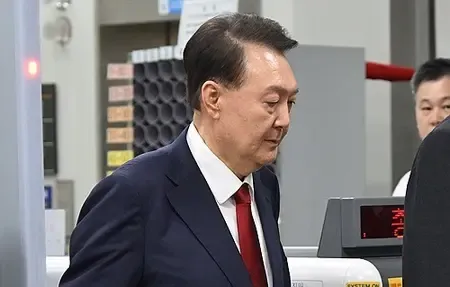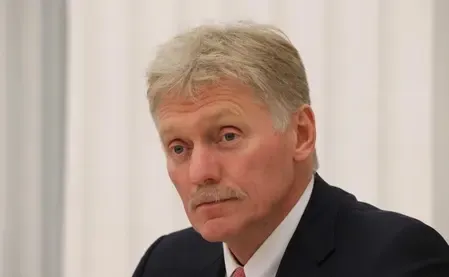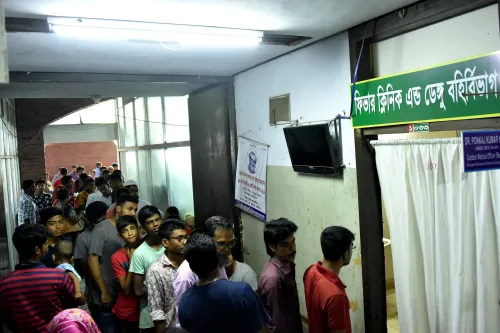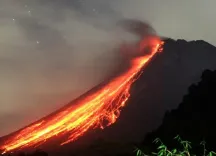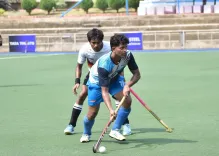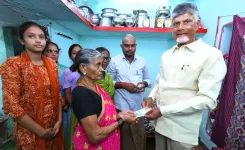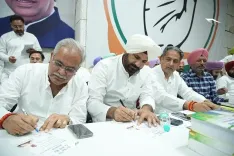Are Human Rights Abuses in Bangladesh Ignored by the Global Community?
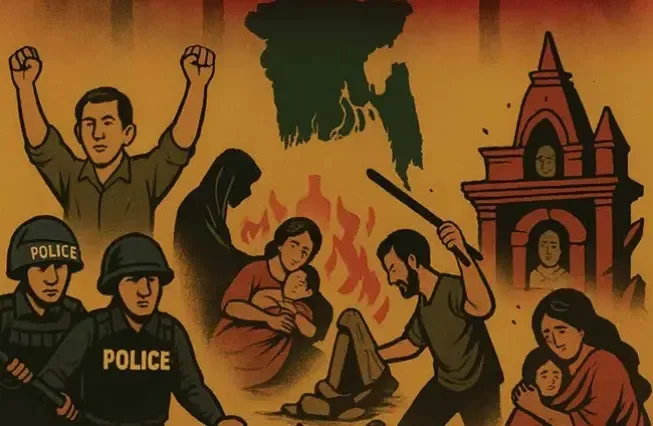
Synopsis
Key Takeaways
- Indigenous communities in Bangladesh are facing increasing violence.
- Human rights organizations are calling for government accountability.
- The situation has drawn international attention, including from the UN.
- There is a need for urgent reforms in the National Human Rights Commission.
- Continued monitoring by global entities is essential for protecting minority rights.
Geneva, Oct 1 (NationPress) The recent atrocities against the indigenous populations in Bangladesh's Chittagong Hill Tracts have raised alarm among global leaders regarding the plight of marginalized and religious minorities in this South Asian country.
A number of human rights organizations have expressed their concerns about these events, calling on the interim government to take decisive measures against those responsible.
This alarming situation follows the tragic deaths and injuries of several indigenous individuals in the Kahagrachari district, which resulted from extensive arson, looting, and indiscriminate gunfire from Bangladeshi security forces.
The violence erupted on September 23, when locals protested for justice after a Marma schoolgirl was viciously gang-raped. The community demanded the arrest and prosecution of the offenders.
This grave issue was also highlighted at the 60th Session of the UN Human Rights Council in Geneva.
In a demonstration organized by the International Forum for Secular Bangladesh on Wednesday, the focus was placed on the deteriorating human rights conditions in the country, with an exhibition outside the United Nations.
The two-day presentation included 30 panels that underscored the rise of radical fundamentalism, communal strife, oppression of minorities, suppression of press freedom, mob violence, and sexual abuse.
Suhas Chakma, the Director of the Rights and Risks Analysis Group, emphasized the massacre of indigenous peoples. During his address at the UN Human Rights Council session, Chakma highlighted that three indigenous individuals were killed, and numerous others injured when the Bangladesh Army recklessly fired upon protestors asking for justice for the gang-rape victim from September 23.
He further disclosed that in the previous year, Bangladesh witnessed 637 deaths due to mob lynching, attacks on 878 journalists, 2,485 incidents of violence against religious minorities, and criminal charges against over 500,000 political opponents.
Chakma noted, "The Interim Government of Muhammad Yunus dismissed all members of the National Human Rights Commission on November 7, 2024, for reporting an increase in mob violence, sexual assault, political harassment, and other violent acts. As of now, no new members have been appointed to the NHRC, which exemplifies a shocking negligence toward state responsibility."
He lamented that the Global Alliance of NHRIs failed to act on suspending the NHRC of Bangladesh due to its non-existence after he filed a complaint on November 8, 2024.
Chakma urged the UN Human Rights Council to press Bangladesh to immediately appoint all members of the NHRC to tackle the escalating human rights violations in the nation.
On September 23, during her address to the UN Human Rights Council, Charlotte Zehrer, the UN-EU Human Rights Officer from Global Human Rights Defence (GHRD), voiced her concerns over the human rights situation affecting ethnic and religious minorities in Bangladesh, noting over 2,400 violent incidents targeting these groups in the past year.
She emphasized that such assaults predominantly target indigenous peoples and ethnic minorities, particularly in the Chittagong hills, as well as Hindu and Christian communities across the nation.
“The documented violence includes attacks on places of worship and residences, gender-based violence, especially rape, arbitrary arrests, false blasphemy accusations, land grabbing, forced displacements, and coercion of minority professionals,” Zehrer stated.
“We demand the immediate release of unjustly detained minority leaders and activists, the preservation or reform of laws targeting minorities, and thorough investigations into all reported acts of violence and discrimination,” she added.
She further insisted that the protection of indigenous peoples and minorities in Bangladesh should be closely monitored by the international community, including a UN fact-finding mission.


